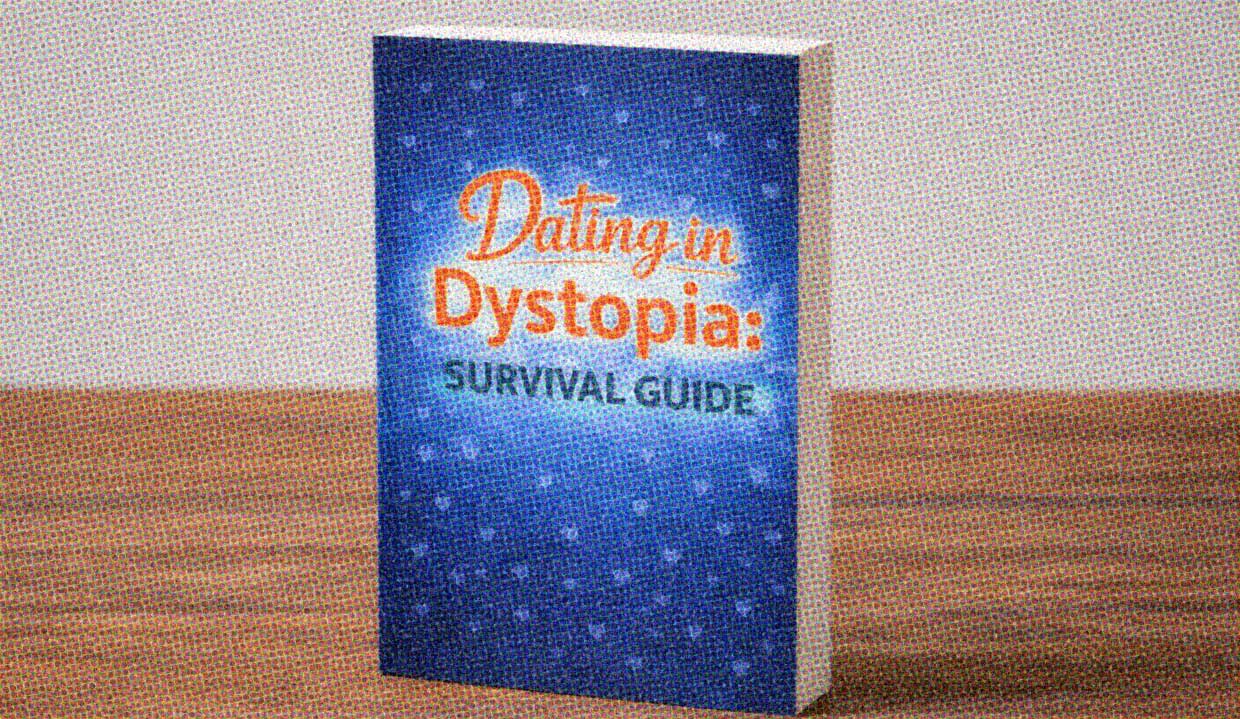
Scroll through your socials or strike up a conversation with anyone under 25, and you’ll notice a pattern:
Gen Z isn’t swiping, hooking up, or even prioritizing dating in the way millennials and Gen X once did.
Instead, many are openly choosing celibacy, taking breaks from dating apps, or simply deciding that romance isn’t high on the list right now.
And the data backs this up. The most recent national surveys show a clear decline in sexual activity among teens and young adults. In 2023, only about one in three high school students reported ever having sex, continuing a steady drop since the early 2000s. A California survey of 18- to 30-year-olds revealed that nearly 40% hadn’t had a single sexual partner in the past year, a striking shift compared to their parents and grandparents. While older generations worried about too much “free love,” Gen Z is living through what some call a “slow-life shift,” where milestones like driving, moving out, and partnering up are happening later.
While these platforms promised endless options, young adults often describe them as exhausting, unsafe, and unfulfilling. Surveys show under-30s are both the most likely to use dating apps and the most likely to report negative experiences, from harassment to ghosting . No wonder more are experimenting with “dating detoxes” or turning back to offline ways of meeting people.
Since the pandemic, teen and young adult mental health struggles have climbed sharply, and many describe casual hookups as feeling risky or overwhelming. At the same time, STI rates in certain regions have risen, fueling anxiety about sexual health. Some young people simply say it’s easier to opt out altogether.
Rising costs of living (everything from rent to groceries) make dating feel like a luxury, not a necessity. Add in the weight of student debt and new restrictions around abortion and reproductive rights, and the stakes of hookup culture can feel higher than ever. Reports in 2025 suggest Gen Z is already spending far less on dating compared to earlier generations, and the comments I received echoed that shift. Many described feeling caught in what they called “a war on our wallets and our bodies,” which makes casual sex seem less appealing than focusing on stability, safety, and long-term goals. For those still living with family or piecing together multiple jobs, romance can easily slide down the priority list.
But less sex doesn’t necessarily mean less intimacy, or even less desire for long-term relationships. In fact, recent polling shows Gen Z may be more open to marriage than millennials were at the same age, and many are intentionally holding out for something meaningful rather than settling for a one-night stand .
That nuance is important. While some commentators lament the loss of sexual “practice” or worry about a “sex recession,” others argue that Gen Z is reshaping intimacy on their own terms. Choosing not to hook up can be a protective strategy, a form of boundary-setting, or simply a reflection of different priorities during a turbulent life stage.
On TikTok & Instagram, where I asked my own followers about this trend, the responses echoed what researchers are finding. Many said they dislike dating apps, feel wary of STIs, don’t want to risk pregnancy or just don’t see sex as a priority compared to friendships, careers, or self-growth. A few even framed celibacy as a conscious choice rather than a lack of opportunity. In their words, opting out isn’t about missing out…it’s about living differently.

Read more
Dating
Dating in dystopia: A survival guide
Dating in 2026 can feel like romance at the end of the world. Here are 10 realistic ways to keep dating without losing your standards or your sanity.
